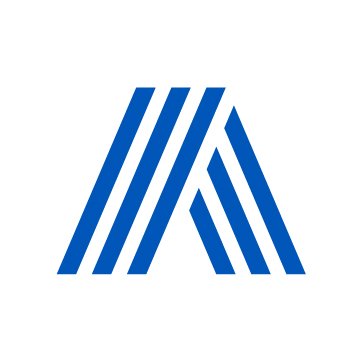Key Information Your Precision Machining Partner Needs to Know
As aerospace and defense manufacturers who routinely work on confidential projects, we anticipate a certain degree of privacy regarding the end-use applications of the parts we make.
We understand if you need to keep some information confidential. But the more we know about part functionality and requirements, the easier it is for us to mitigate risks, like part failure, and get you the exact parts you need.
Information to Disclose to Your Precision Machining Partner
If you can help us by providing this key information, we’ll be best equipped to machine your parts to perfection:
Let us know if components are part of a program
We can manufacture components to print without knowing anything about the assembly. But when customers disclose assembly information, we have the opportunity to mitigate potential risks and guarantee superior functionality.
For instance, if you tell us that your components are in a program and must fit together, we can test for fit, form, and function by roughly assembling them before delivering the parts. This extra step allows us to make necessary adjustments while the components are still in our hands and ensure that critical dimensions are exact.
In defense and aerospace machining, getting those critical dimensions right could mean the difference between life and death. If possible, disclosing information about the assembly—and even the end product itself—gives us helpful context to build the best possible components.
Carefully differentiate recommendations vs. requirements
Leaving important decisions up to your precision machining partner introduces risk to any project. Consider these two suggestions to avoid confusion:
Make sure all requirements are essential. Sometimes outdated requirements, such as preferred vendors that are no longer necessary for a project, find their way onto new spec sheets and inadvertently place restraints on manufacturing. We might, for example, know of a trusted vendor that offers shorter lead times or lower costs than the one on the spec sheet. But we won’t use them if we have reason to believe that we're restricted to just one vendor. Ensure that the requirements included on your spec sheet are still essential to avoid this kind of problem.
Clarify why certain callouts are optional. Making certain information optional on a spec sheet can bring unnecessary confusion into the manufacturing process, especially if no explanations are included. If you give your manufacturer the option to choose either 303 or 304 stainless steel, they may select 303 because it’s less expensive and easier to machine. But if material hardness is a priority for the application, 304 is actually a better choice. Let us know why recommendations are optional so we can make informed decisions about your parts.
Your dedicated partners at Alard Engineering are always looking out for you and are committed to delivering you the highest quality parts and components. The more information you can share with us about the parts you need, the better we can do our job and ensure that you’re satisfied.
For unparalleled CNC machining services from a precision machine shop that values collaboration, communication, and trust, request a quote from Alard Engineering today, and we’ll get back to you within 24 hours.


